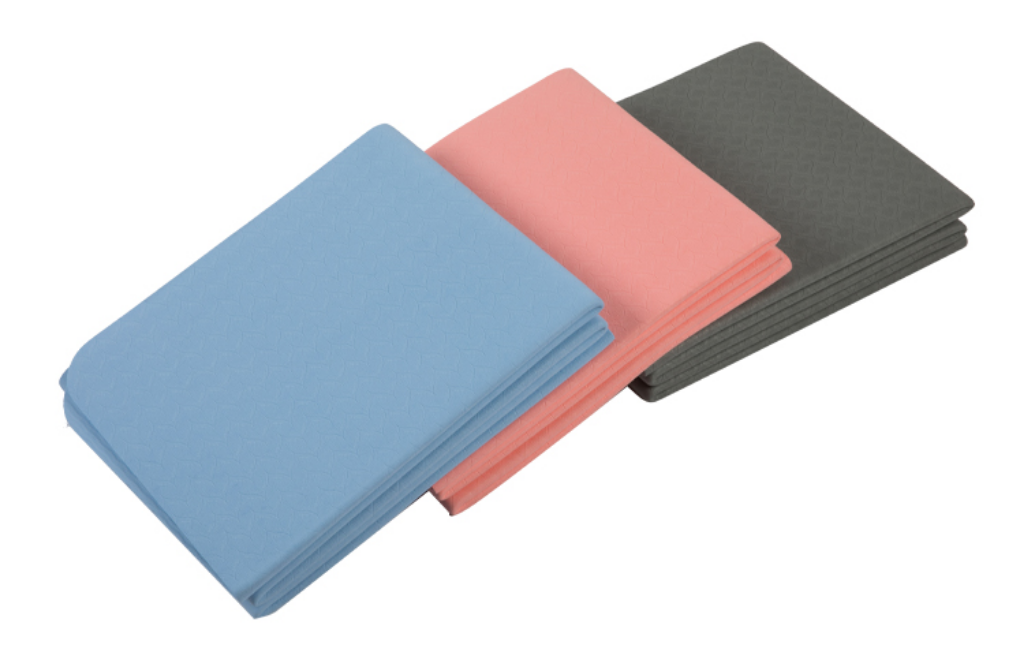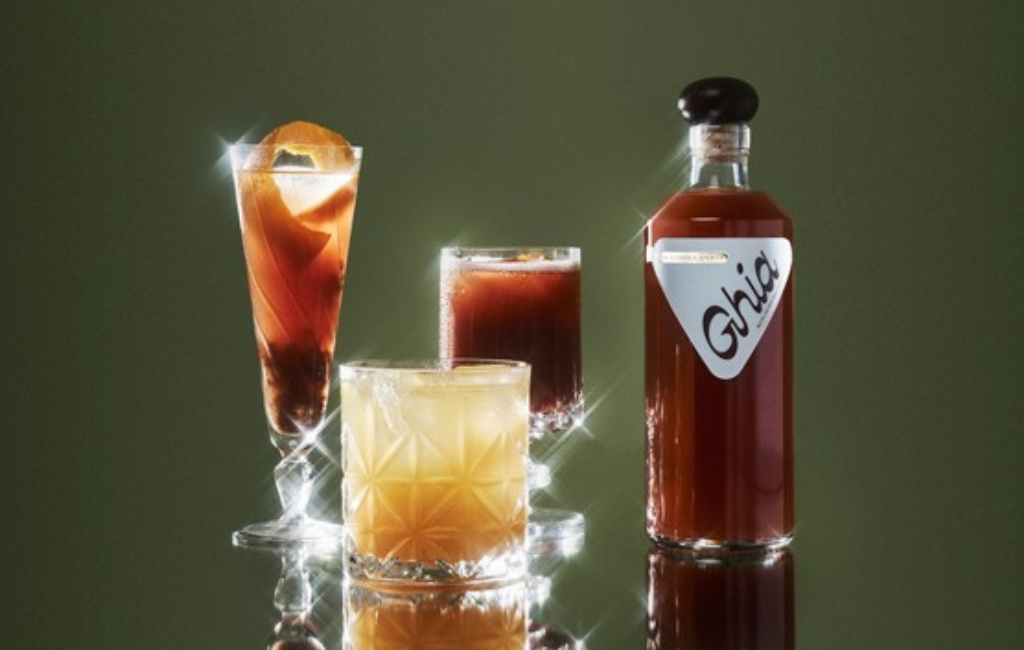Expedition Subsahara
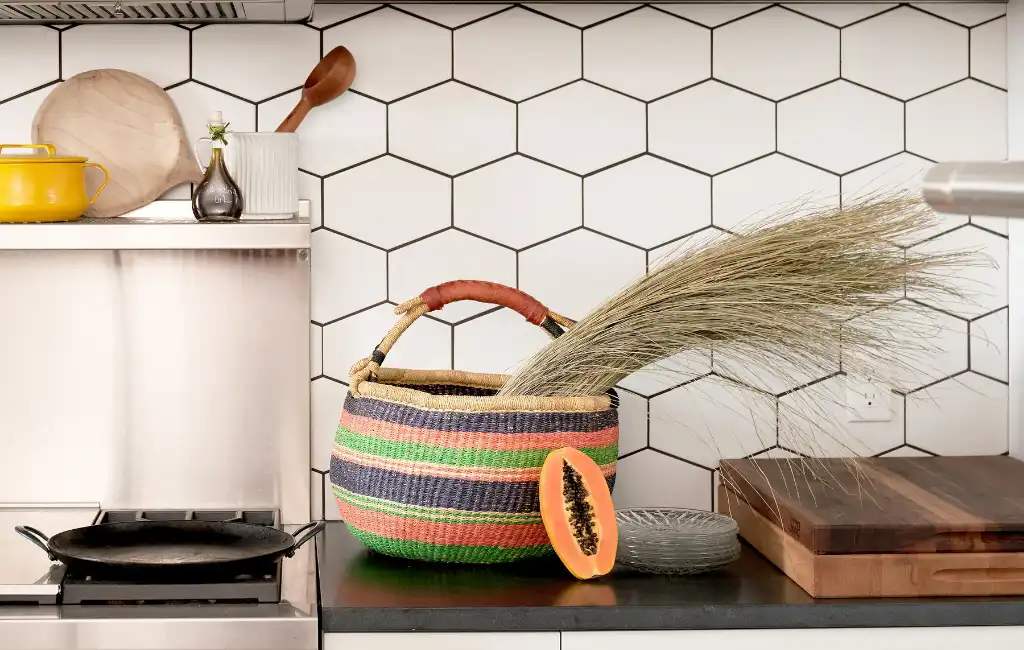
NO DEAL
EPISODE SUMMARY
🕓 Air Date: October 14, 2022
Asking For:
$500,000 for 10%
Investor:
No Deal
Deal:
No Deal
PRODUCT SUMMARY
Expedition Subsahara offers handwoven baskets made by artisans in Senegal, West Africa, using sweet grass and recycled plastics to add joy, color, and culture to home decor.
WATCH HERE
IN A RUSH?
Click these to jump to the section you want to read.
Background Story
Sofi, the founder of Expedition Subsahara, hails from Senegal, West Africa, where weaving is a traditional craft passed down through generations. After moving to the United States from Senegal, Sofi was inspired to create Expedition Subsahara to showcase the true beauty and craftsmanship of African culture, countering stereotypes of poverty often associated with the continent. She aimed to weave her heritage into a modern art form and decided to do so through handwoven baskets and home decor.
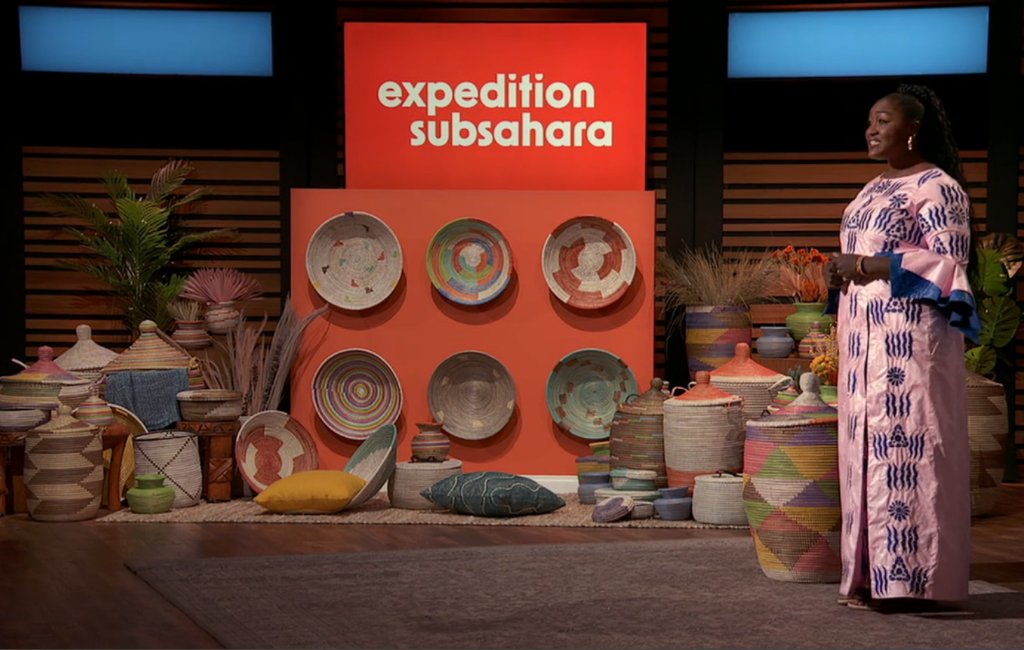
Sofi’s company is based in St. Louis, Missouri, and she started with just $500 in capital. Over time, she turned this humble investment into an impressive $3.6 million in lifetime sales. The turning point came during the Black Lives Matter movement in 2020, which brought attention to the importance of uplifting Black businesses. Sofi had to scale up production rapidly, employing 120 weavers and investing in their livelihoods, but this expansion also led to increased overhead costs.
The Product
Expedition Subsahara’s products are all handwoven by skilled artisans in Senegal, primarily using sweet grass and recycled plastics to create vibrant and durable baskets and home decor items. These items add color and culture to homes while serving practical purposes.
The baskets come in various shapes and sizes, with the larger ones often used as hampers. Customers can purchase Expedition Subsahara’s products online, with an average sale price of $206 and a 60% profit margin.
However, the cost of customer acquisition is high, at approximately $116 per customer. While the company has achieved remarkable growth, it has struggled with profitability due to the substantial expenses associated with advertising and overhead costs.
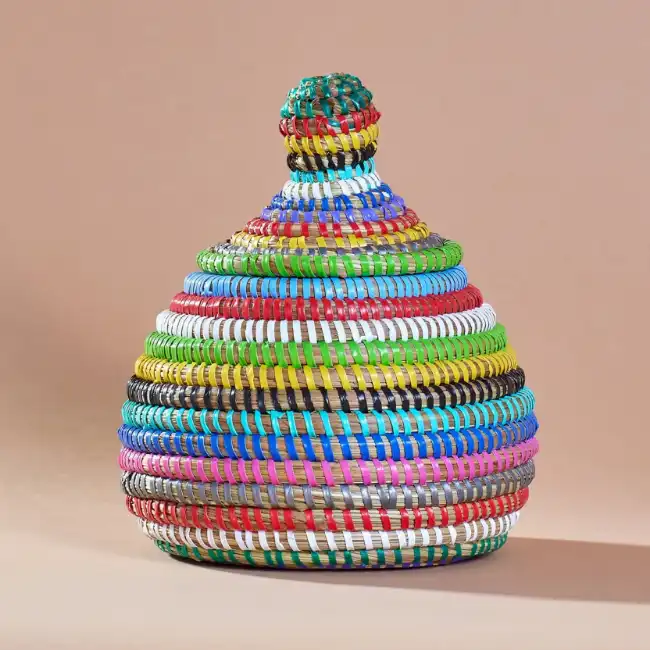
How It Went
The company’s position before Shark Tank
Expedition Subsahara has experienced remarkable growth, with total sales of $900,000 in the current year and a lifetime revenue of $3.6 million. However, the journey wasn’t without challenges. In 2019, the company only made $75,000 in sales, and during the early days of the pandemic in 2020, they faced a significant drop in sales, reaching as low as $4,000 per month.
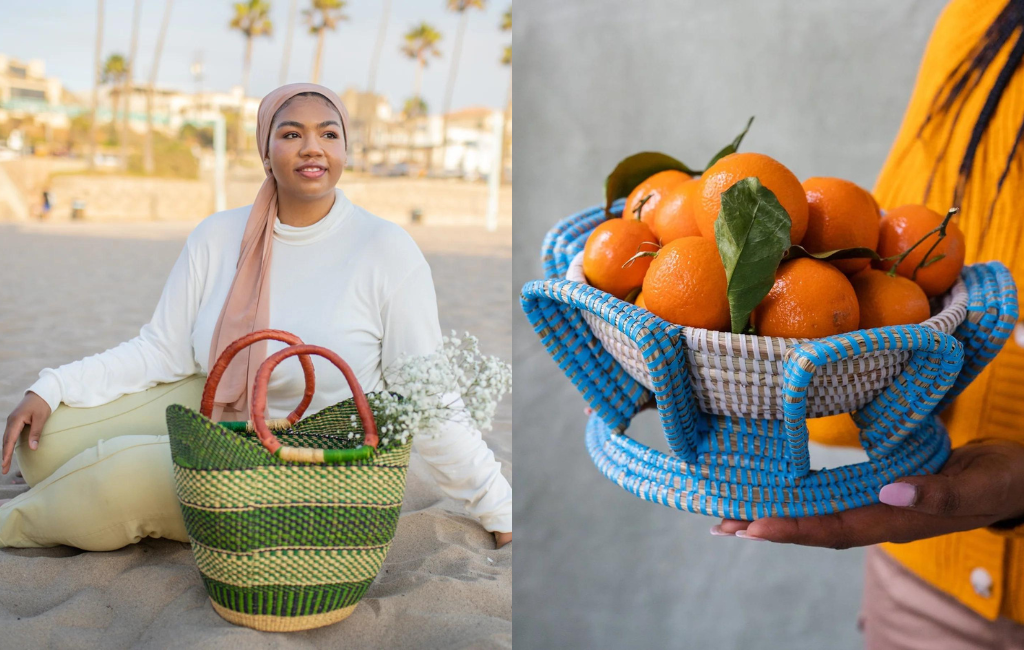
The resurgence came with the rise of the Black Lives Matter movement and a shift in consumer interest toward supporting Black-owned businesses, propelling Expedition Subsahara’s sales to $45,000 per month. The company maintains a 60% gross profit margin, reinvesting profits back into the business.
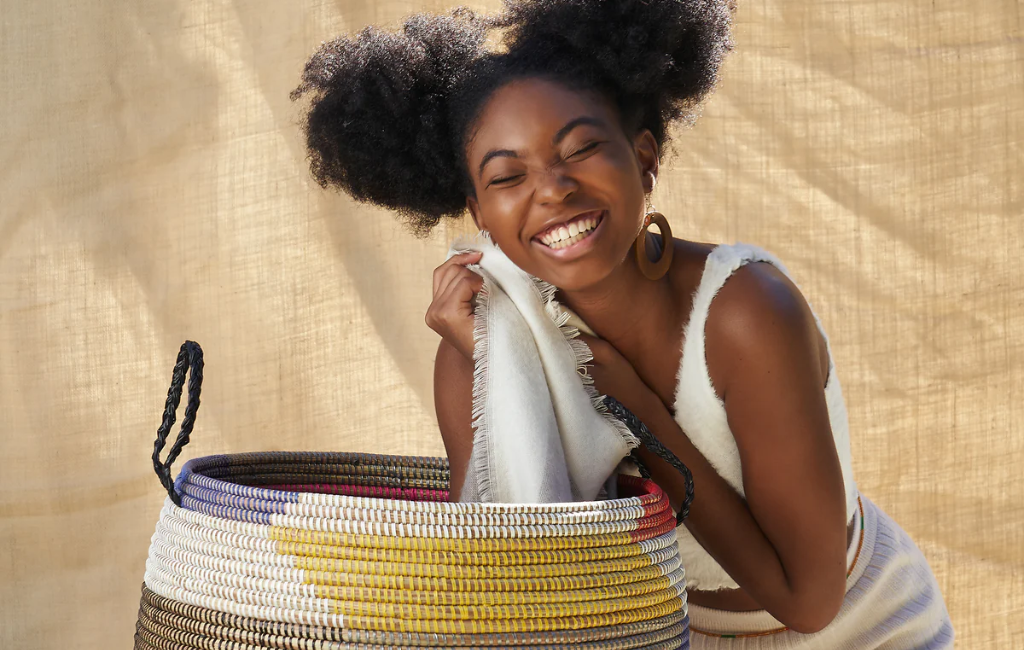
While Sofi incurred a substantial $400,000 in advertising expenses last year to drive customer acquisition, her customer acquisition cost was approximately $116 per customer. This means that, on average, the company is only breaking even with each new customer acquired, which raised concerns among the sharks about profitability. Sofi expressed a desire to expand her business into retail, but some sharks were skeptical due to the potential high capital requirements and inventory tie-up. Despite her passion and commitment, the sharks ultimately declined to invest in Expedition Subsahara.
The Negotiations:
Sofi entered the Shark Tank seeking $500,000 in exchange for 10% equity in Expedition Subsahara. The sharks were impressed by Sofi’s mission and the colorful, handwoven baskets she offered. Her pitch highlighted her personal journey from Senegal to the United States and her determination to share the culture and craftsmanship of her homeland.
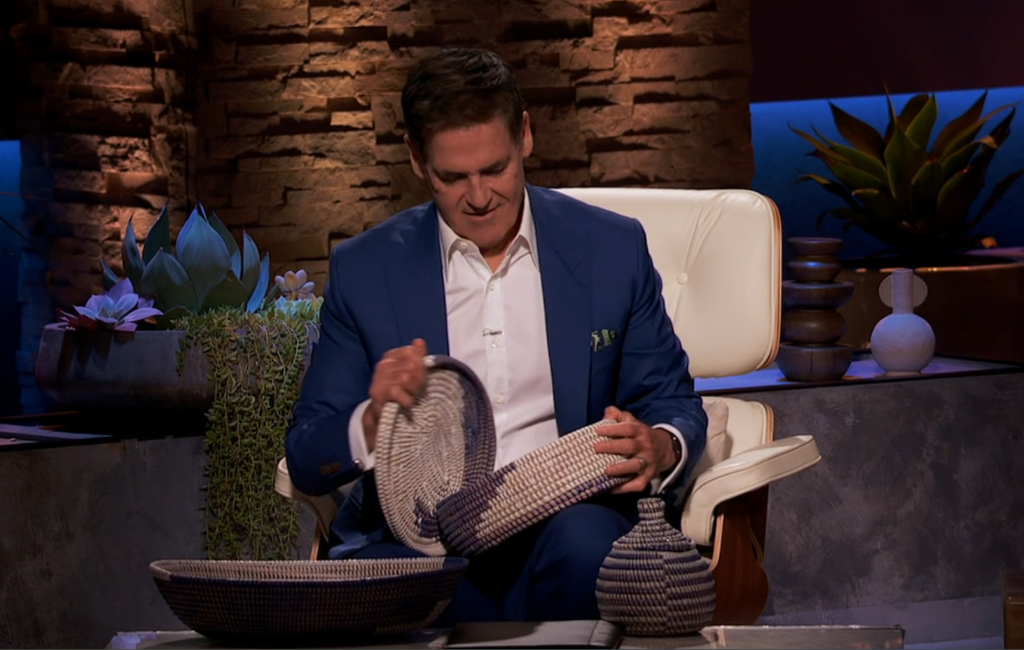
As the sharks delved into the financials, they learned that the company had achieved significant growth, with $900,000 in sales in the current year and $3.6 million in lifetime revenue. Concerns arose when Sofi revealed that it cost her approximately $116 to acquire each new customer, effectively resulting in a break-even business model. Her plan to expand into retail further raised doubts among the sharks due to potential capital and inventory requirements.
Ultimately, none of the sharks made an offer, as they were hesitant about the profitability and scalability of Expedition Subsahara at the proposed valuation of $5 million. Despite their reservations, the sharks praised Sofi’s dedication and mission but opted not to invest in the business. Sofi, undeterred by the sharks’ decision, expressed her commitment to continue betting on herself and her culture, vowing to take her business to new heights one happy basket at a time.






